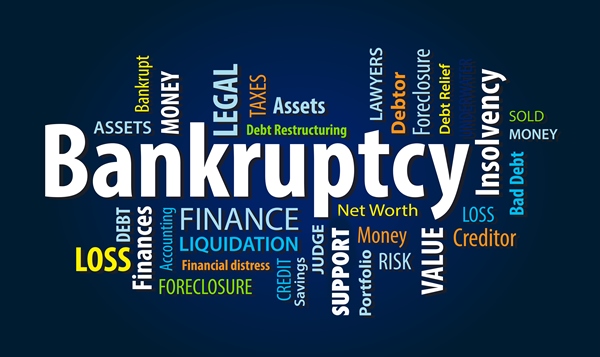Marcus Butler
30 November 2015: University of Canberra research may soon inspire policy makers to re-think the way people are educated to handle difficult financial decisions, such as declaring bankruptcy.
About 26,000 Australians declare themselves bankrupt each year and PhD candidate with the University’s Faculty of Business, Government & Law, Gregory Mowle is undertaking what will be the first qualitative study on bankruptcy ever done in Australia.
Mr Mowle will survey people who have declared themselves bankrupt to investigate whether major financial decisions are influenced by factors beyond an individual’s level of financial literacy.
“I hope that my research will inform policy makers around how we can better educate people on financial matters,” he said.
“I really want to assist people in financial crisis and considering bankruptcy; I have seen how the decision can affect people in the longer-term. It will also allow people to share their stories and dispel perceptions that they went bankrupt because they were bad money managers,” Mr Mowle said.
A former financial counsellor with Lifeline and National Financial literacy Manager for the Smith Family, Mr Mowle knows that many debtors focus only on the short-term advantages of bankruptcy, such as ending the potentially stressful contact from debt-collectors.
“What they miss are the long-term impacts to employment, credit rating and even the availability of rental accommodation, which can cause on-going problems,” Mr Mowle said.
“Awareness of these after effects is one aspect of financial literacy that I want to investigate. I’d like to know whether existing financial literacy resources and initiatives are sufficient to allow consumers to make fully informed decisions when in financial difficulty.”
The research will investigate the experiences of consumers who have declared themselves bankrupt and how they interacted with financial literacy resources and initiatives in the lead up to their bankruptcy.
Mr Mowle said his research will also explore the non-financial factors affecting these decisions, such as high levels of stress from being unable to pay debts, pressure on families and relationships, effects that impact the person at work.
“My clients who had no other option but to declare bankruptcy felt shame and embarrassment. There is a perception that bankruptcy has lost its ‘stigma’. That may be the case for some people and certainly some lenders don't mind lending to bankrupts, but for most that shame persists,” he said.
Mr Mowle has access to the National Personal Insolvency Index, to contact 1000 people who have declared bankruptcy in the last 12 months, inviting them to participate in an online survey. He’ll complete the research with face-to-face interviews in early 2016.




